If we’re ever running low on Vitamin A, there are many different foods we can add to our day, to support our gut health. Vitamin A is a micronutrient and plays an important role in immune system functioning. It’s associated with anti-inflammation properties and is important for our eyes, skin and the function of other organs in the body.
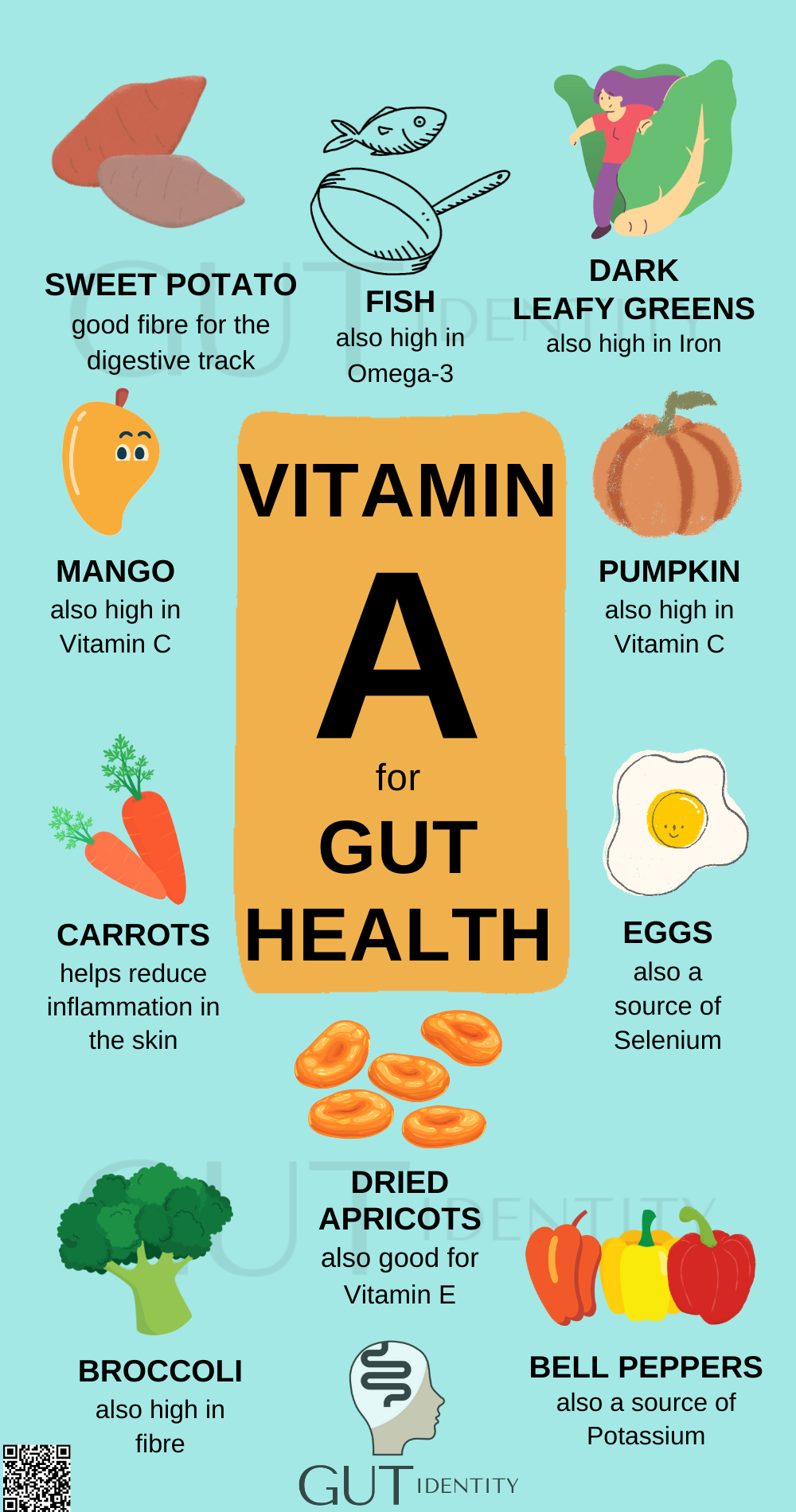
To find out more about how Vitamin A works in the immune system, click HERE.
Because the gut and immune system are closely related, it’s important to have these two things working in ship-shape condition so everything can do its job properly and efficiently.
My health and immune system are top priorities so if I can find a natural way to help them out, I will. Sometimes I have to ‘be my own doctor’ and advocate for myself. If I want to understand my health, learning about what my body needs, gives me a good place to start. If I want something tested, I ask for it.
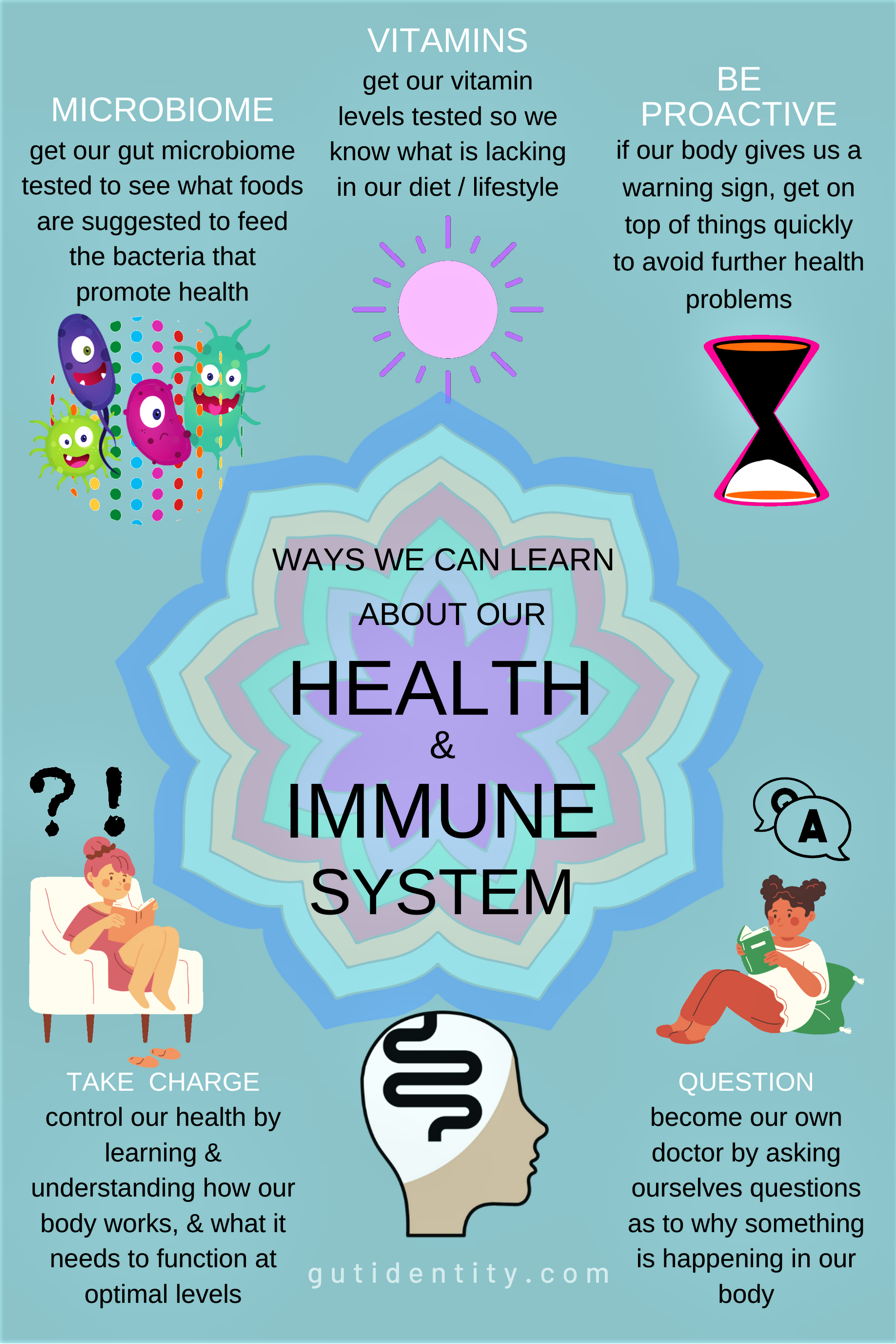
I recently had my levels of specific micronutrients associated with Coeliac Disease (CD) tested and found that my Vitamin A level was below average. I’m not a fan of being below average, so me being me, I researched what foods I could add into my diet so I could bring those levels up.
Get a quick rundown on how Vitamin A functions in the body.
Getting my micronutrient levels tested, helps me to know what my body needs. This gives me a starting point on how to attempt to improve these through what I eat. I then get them tested again in 3 months time to see if there’s any change.
This is what I found. Obviously, there are heaps more to add to this list, but these are the things I like to eat. Remember, we are all different.
Dark Leafy Greens are easy to add to meals
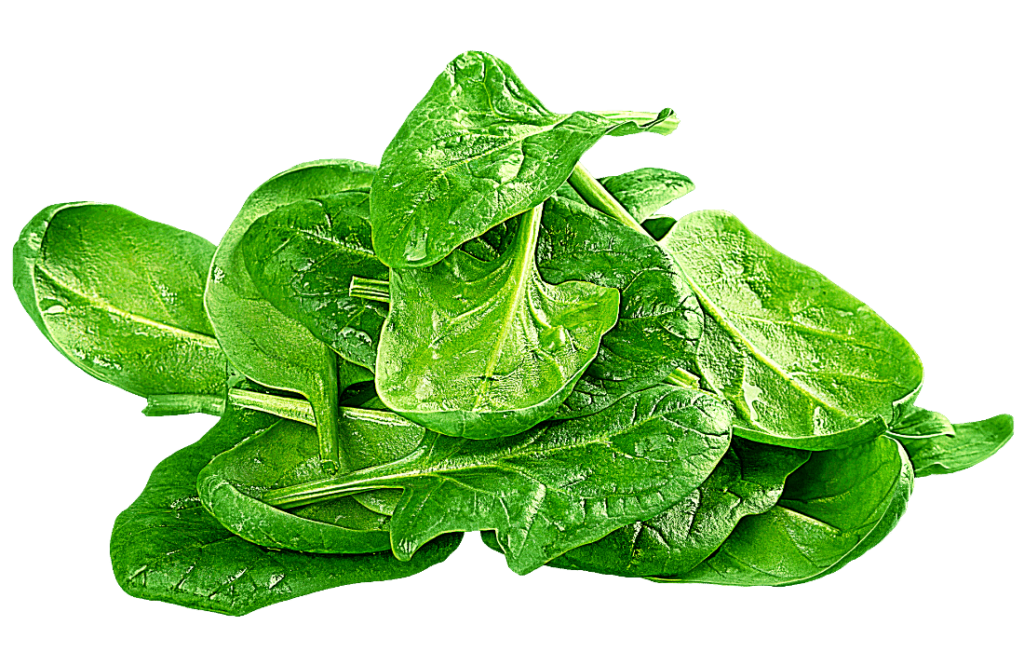
Dark leafy greens contain iron, multiple vitamins and are also full of fibre. New science is discovering that this fibre may help feed the helpful bacteria in the gut while reducing unbeneficial bacteria.
Something like spinach or mixed salad greens are easy to add to things like wraps. They’re also great as a salad with fish and other veggies. I threw this together with minimal effort plus had leftovers to use for the next few meals. Add cheese and eggs for active Vitamin A to help absorb Vitamin A from fruit and veggies.
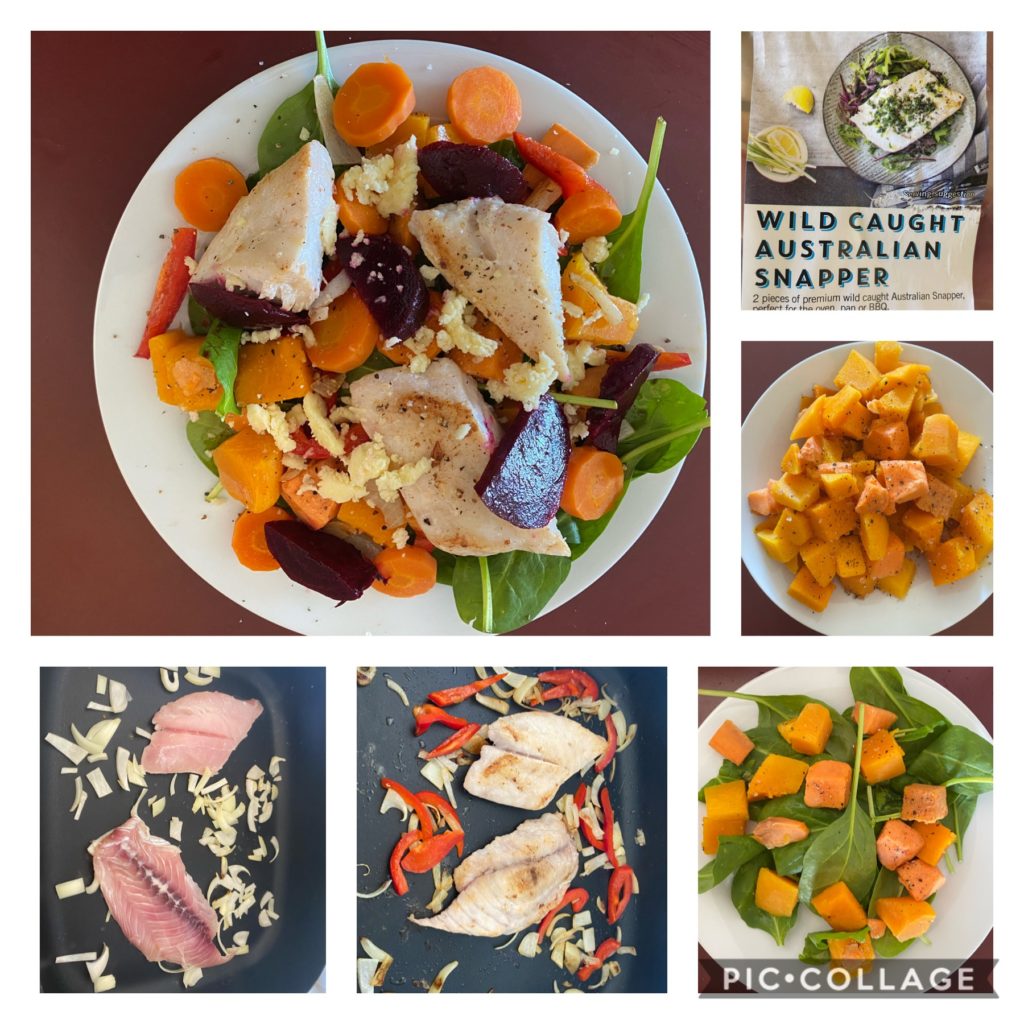
pumpkin
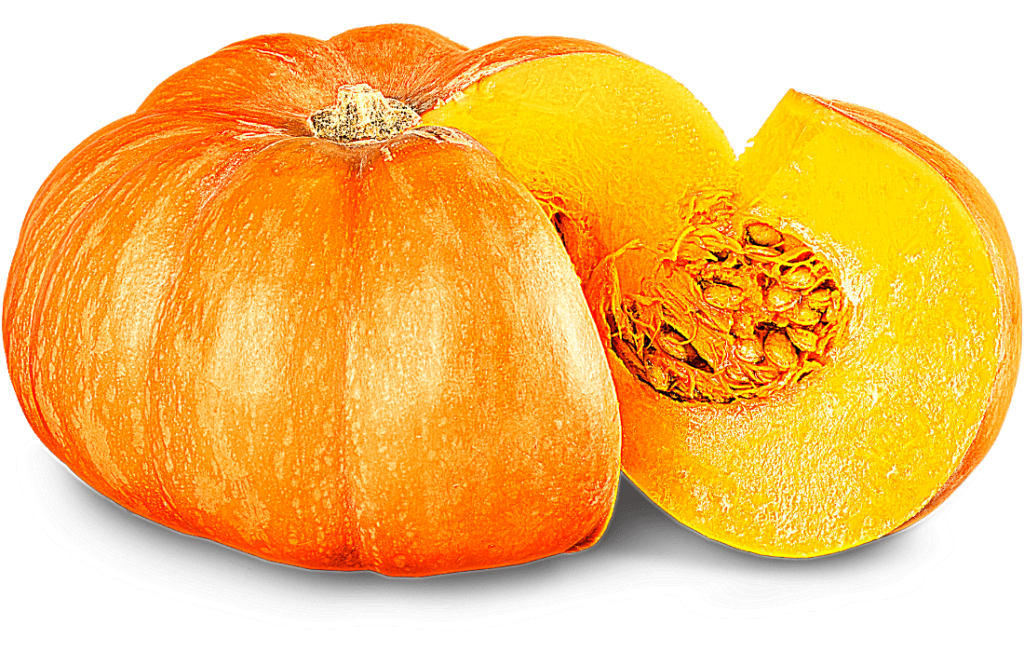
Lucky for me, pumpkin comes already cut up at my local supermarket. Living in a tiny studio apartment doesn’t come with a lot of space. Preparing food with little bench space can be challenging so whatever I can do to make my cooking process a bit easier, I’ll do it. Plus I’m not a fan of chopping up pumpkin and don’t have any large knives to do it at the moment anyway.
It’s important to just do what we can with what we’ve got because we are all in different situations.
an egg in the house!
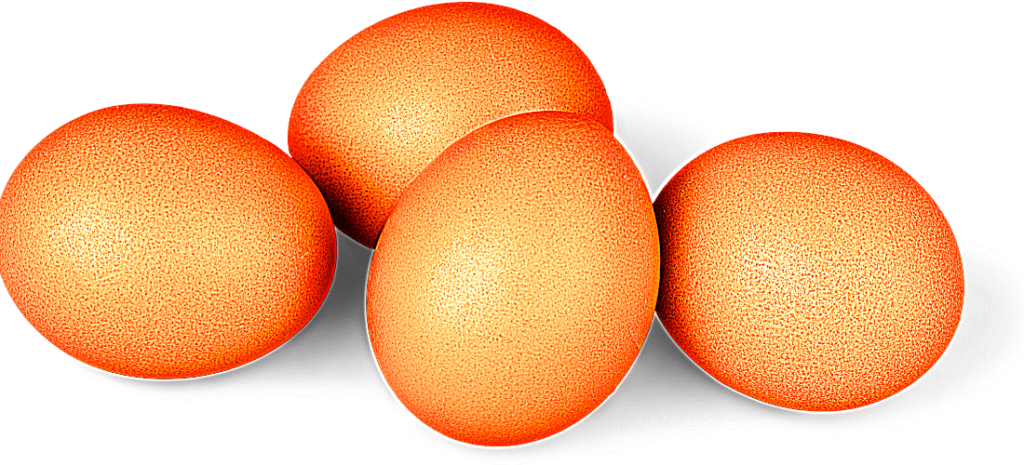
Eggs are probably the most versatile food around. They not only contain Vitamin A, they also contain Selenium which is an important trace mineral for the immune system. As my mum says, ‘if there’s an egg in the house, there’s a meal in the house’. Wise woman!
To find out more about what role Selenium plays in the body, click HERE.
bell peppers
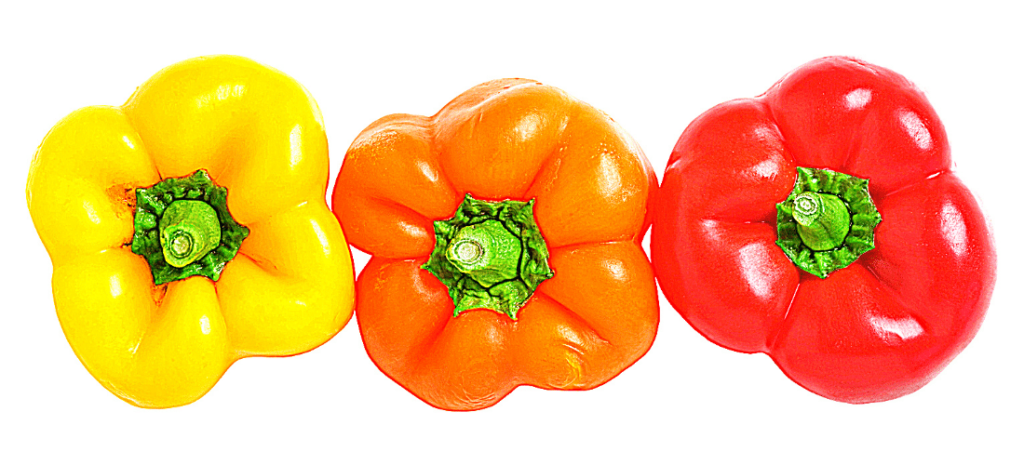
Bell peppers (AKA the capsicum), come in 4 different colours. But these yellow, orange and red ones above are my personal favourite. They’re easy to BBQ, stir-fry or have raw in a salad. Depending on what you like, these are sweeter whereas the green pepper is more bitter. Again, it comes down to personal taste. Either way, these guys contain Vitamin A plus Vitamin C – what a combination!
dried apricots
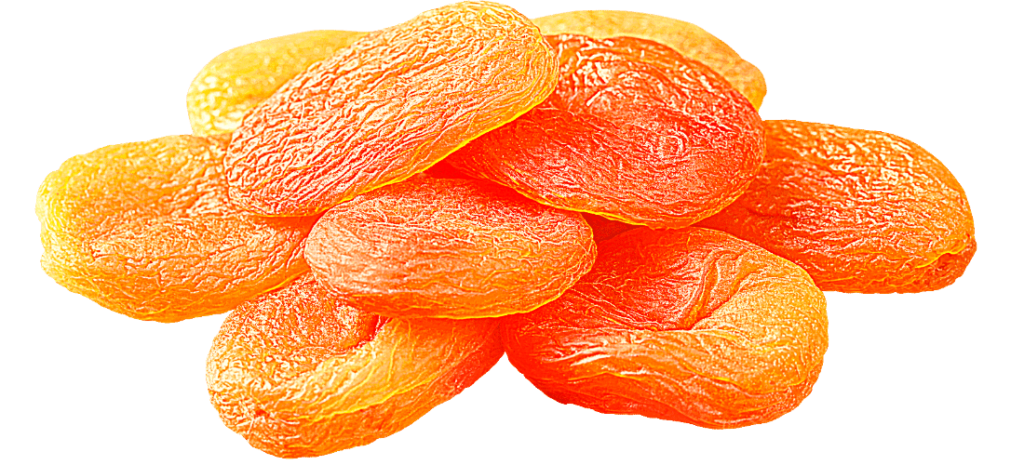
I used to eat a lot of these back in Brisbane, but since being in Darwin, sourcing certified organic ones have been harder to get. It’s on the shopping list. If this ever happens, I just get something else until I can find what I want.
It’s important not to go without, but it also comes down to timing, my budget, and where I can get the specific ones I want. Because of CD, I want to buy quality food as much as humanly possible. So, ‘dried apricots’, you’ll have to wait until the mangoes are used up!
sweet potato
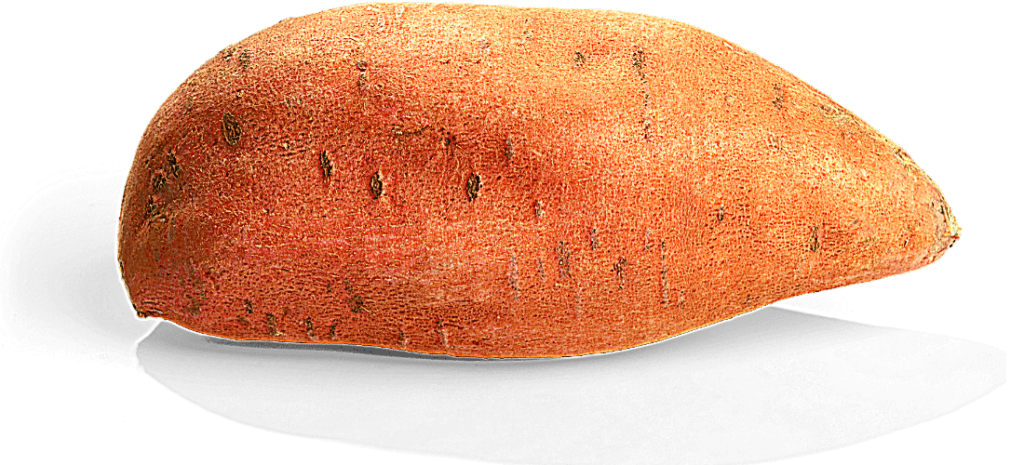
Sweet potato is certainly not the most attractive looking vegetable but who cares if it’s good for us eh! It’s a sweet, easy to include veggie. Bake it, steam it, make oven chips with it, or even BBQ it once cooked.
carrots
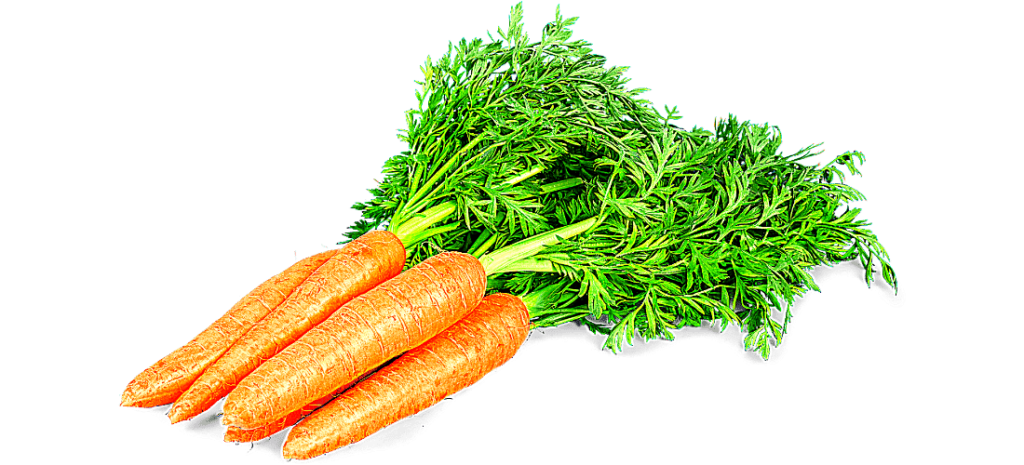
Carrots are good raw or cooked although I prefer to eat them raw because it was recommended on my gut microbiome food list. They’re high in Vitamin A and super easy to eat just as sticks for on the go, or sliced up in a salad. I’m after the Vitamin A in particular and also want to help out the microbes in my gut.
Eating them raw was the easiest way to include them in my diet. I’m on a strict budget but I won’t skimp on good food. Making my own marinade also allows me to know what’s going on my salad. I’ve also added a bit of sharp crumbly cheddar to my meals as this also has Vitamin A in it.
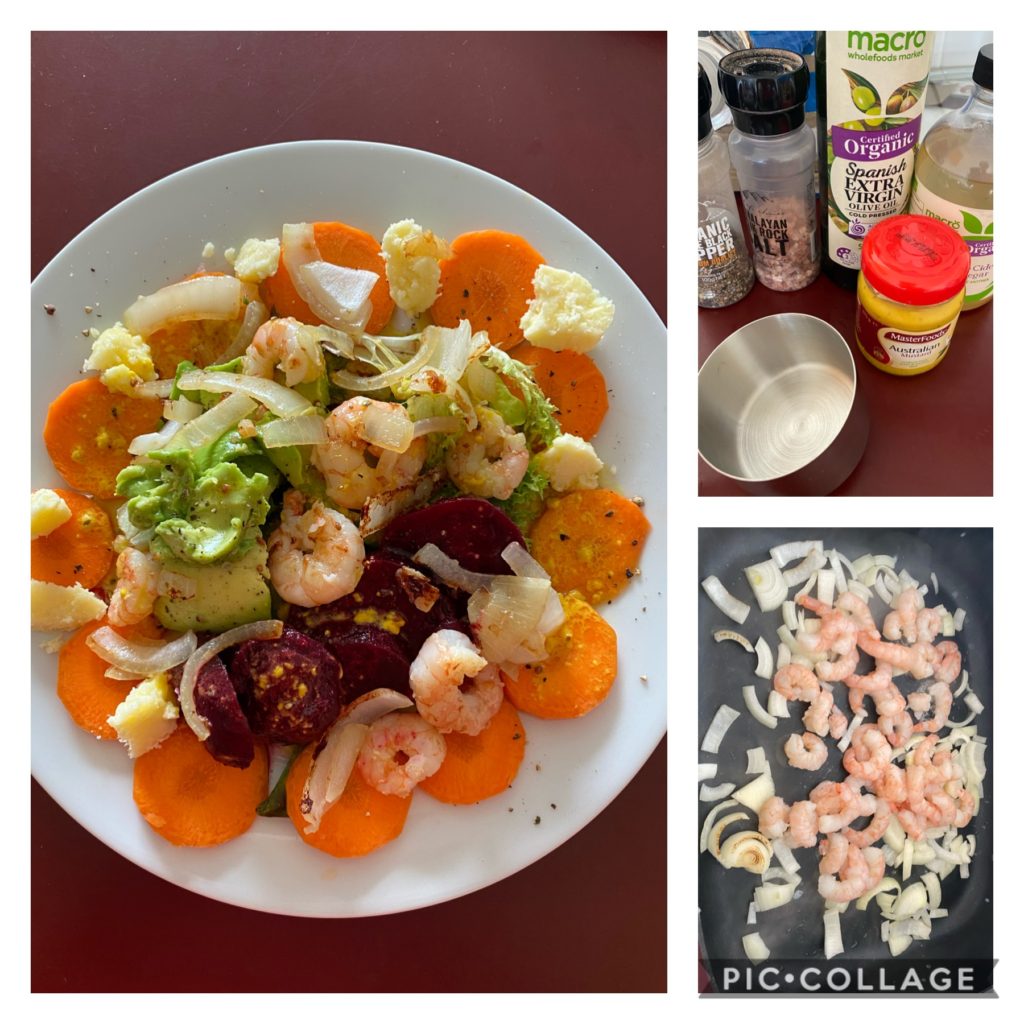
mango
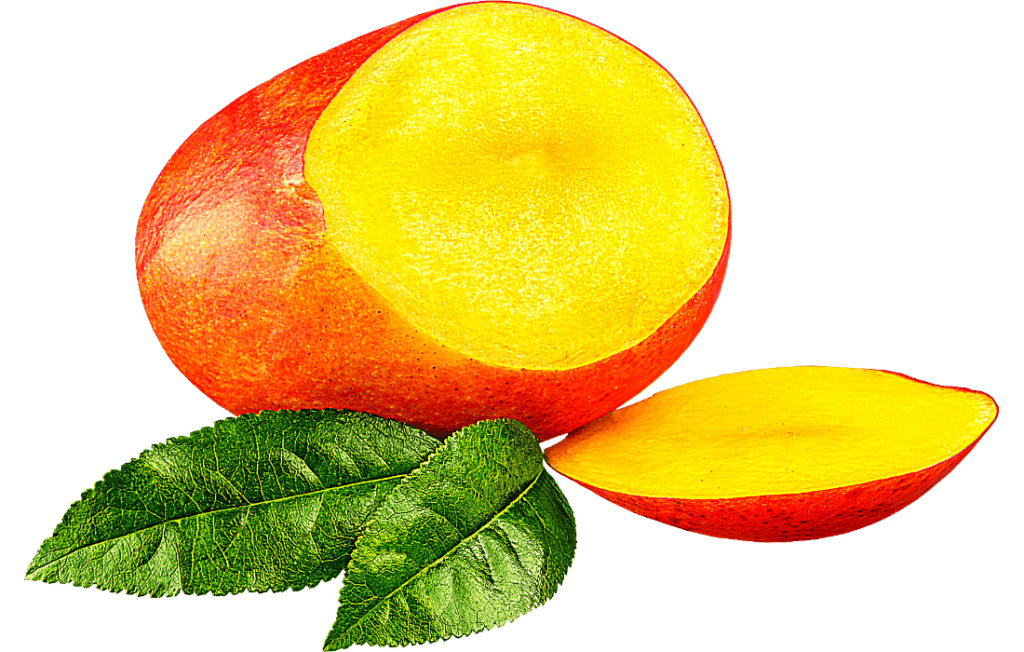
Before I discovered I was low in Vitamin A, I wasn’t a mango fan. Well, now I am. Frozen mango pieces were the easiest way for me to bring these into what I eat by making them into a smoothie. Not only is that good for the hot weather here, it stops me reverting back to sugary drinks like Coke. Give it a try. Smoothies are easy if you have a blender.
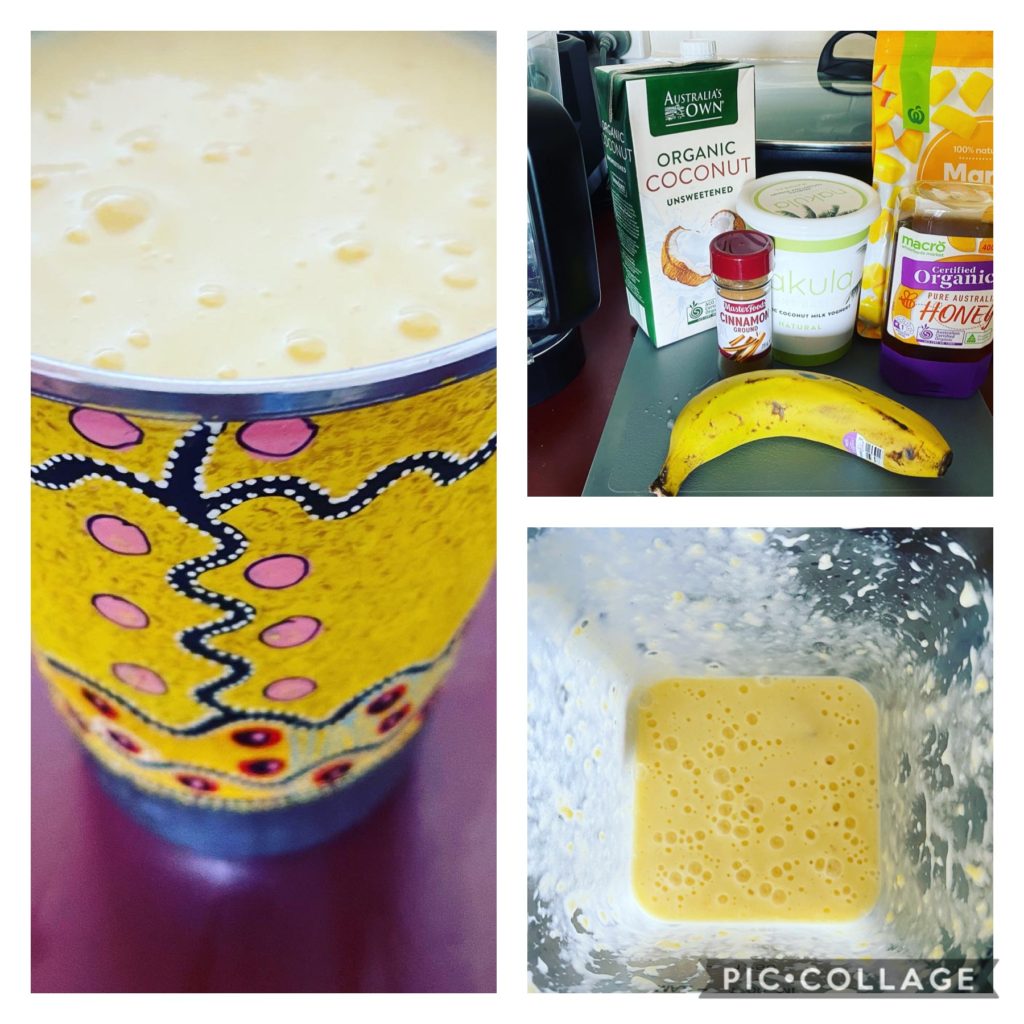
broccoli
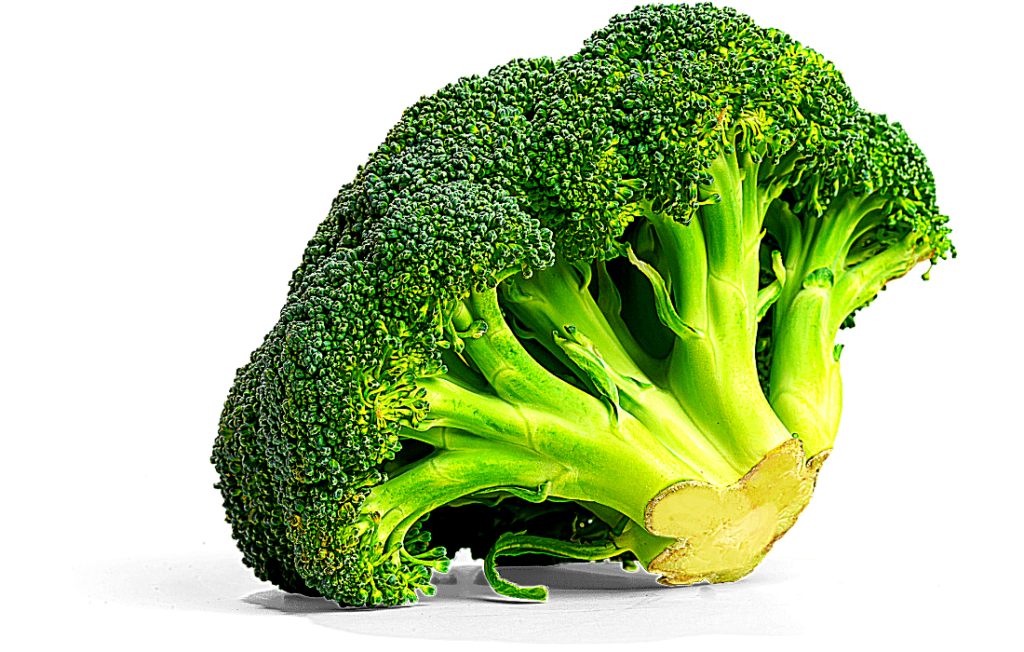
I have to admit I’m not a massive fan of the brocc-O-li but I’ve included it purely for the Vitamin A. It’s also high in Vitamin C. Cooking it in a stir-fry or curry is the easiest way to cook it for me as I don’t have a steamer or hot-plate currently.
Do what works for you!
fish
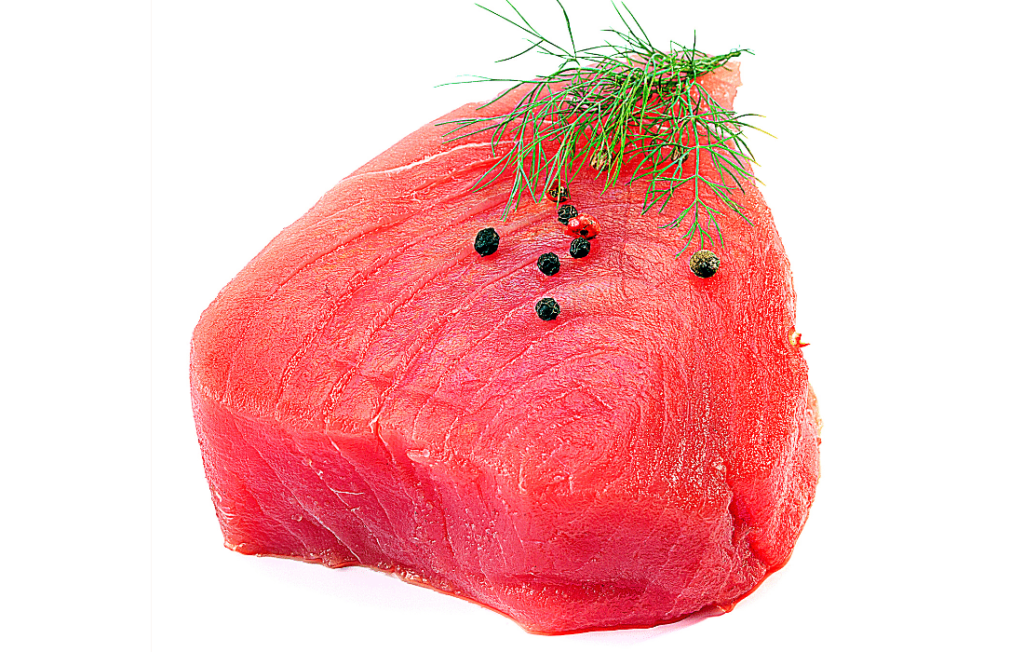
This was the first time I’d ever bought tuna steaks. I’d normally eat tuna from a can but not anymore. They were expensive, so being on a budget, means I have to be organised with my meal prep.
I’ve got to plan my meals really carefully as I don’t want anything to go to waste. It might mean that I have to eat a similar meal for a few meals but I’m ok with that. It’s actually really easy once you get the hang of it.
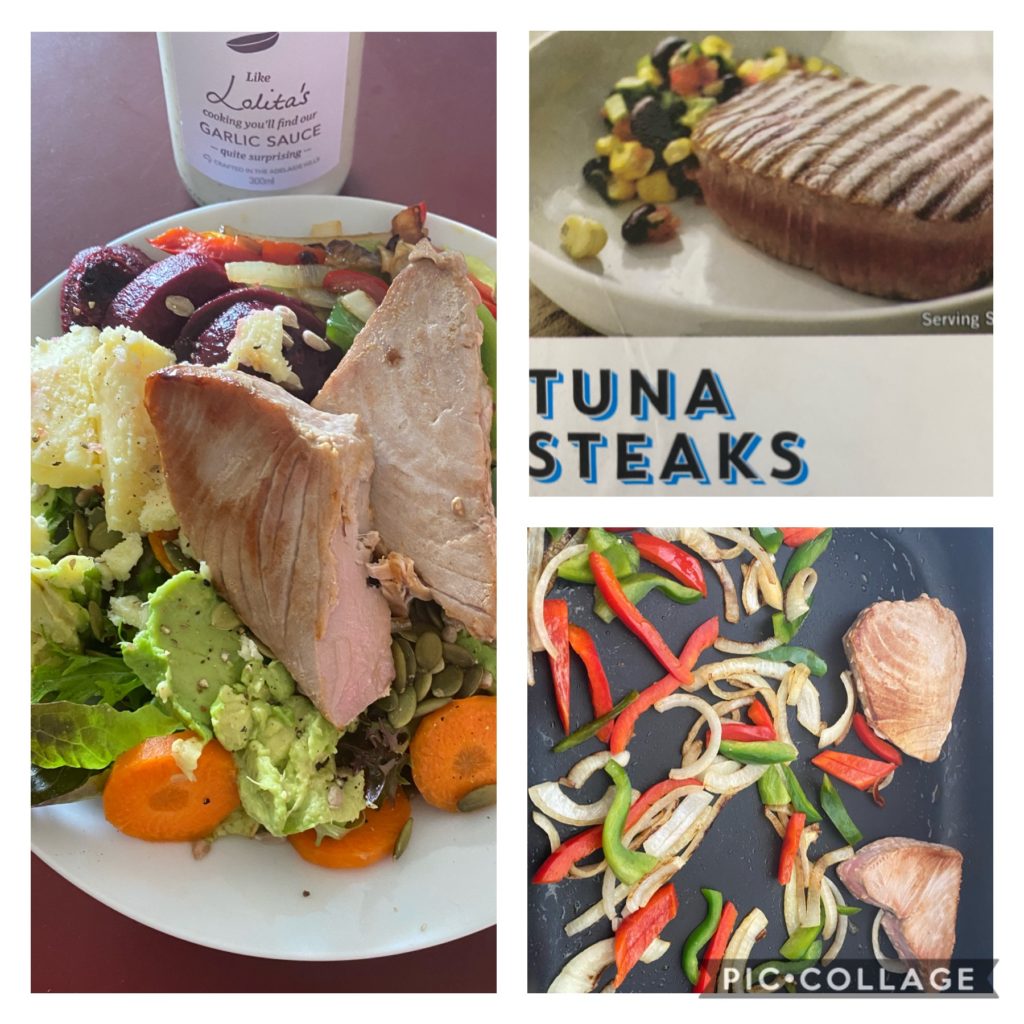
Bottom Line – Do YOU!
Because we are all unique and have different bodies, gut, immune system and different levels of micronutrients in us, we have to do what’s right for us. Just by knowing what our body needs is a good place to start. This way, we can do something about it. If we don’t know, we don’t know right!
BE OUR OWN DOCTOR. By this, I mean research, question, and ask for the tests or information we want or need. If we don’t ask, we don’t get sometimes. The easiest way for me to look after myself is to KNOW what’s going on in my body. I’m with ME, MYSELF and I 24 hours a day, 7 days a week. You can’t get any closer than that 😉
***If you’re concerned about your health or want to know what levels of micronutrients you have in your body, ask your GP or Doctor for support. Seek out the information you want. I’m sure they will be more than happy to help you out. Additionally, visit a Nutritionist for advice that’s specific to you and your health needs.***
Further Reading and Info
Vitamin A: Sources and Benefits
Vitamin A, gut dysbiosis and Autism.
Related Post





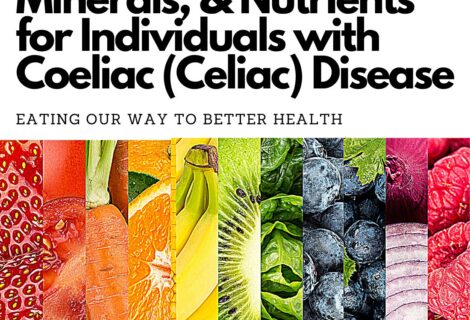
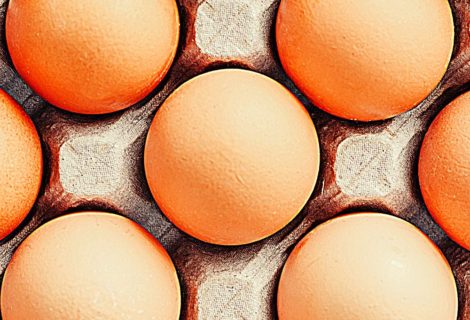










Anthea
Love the site, Em! Great work – informative, reassuring and inspiring! Practical as well!
Wishing you good health, good energy, a good life.
Emma Beynon
Thank you! Really appreciate YOU. xxxxx